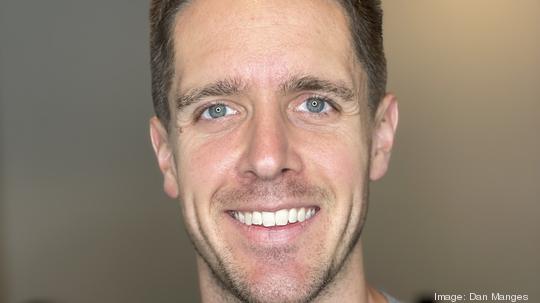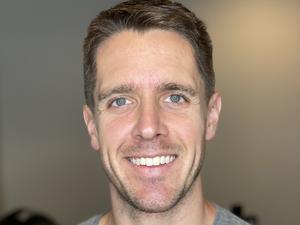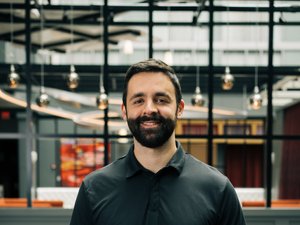
The latest startup from Dan Manges, the founding CTO of Root Inc., is now competing with decades-old coding infrastructure made by giants like GitHub.
RWX quietly raised $7 million in late 2022 and used that throughout last year to build Mint – not just software, but a key part of the environment in which software is built. Known as a continuous integration and continuous deployment platform, or CI/CD, it automates tests and other implementation steps every time an engineer changes part of the code.
"Going heads-down for an entire year to build something really ambitious is different from a lot of startup strategies," Manges, RWX CEO, said in an interview. "Having $7 million in seed funding afforded us the opportunity to be able to build something really large in scope."
The backing came from Manges' own resources from two prior startups and the aptly named Quiet Capital – a California firm focused on early-stage investing. Its most recent notable exit was the Reddit IPO.
Mint is competing directly with large platforms such as GitHub Actions. Founded in 2008, San Francisco-based GitHub was acquired five years ago by Microsoft Corp. for $7.5 billion. Other providers include Atlassian and CircleCI.
“We detected a lot of dissatisfaction with that product,” Manges said. “It’s good, but there are a lot of aspects of it that make it difficult for engineering teams.”
CI/CD was first was introduced as a way for developers to save time when pushing out new versions of software. But like the problem they were intended to solve, the platforms themselves got more bogged down as cloud computing, AI and other technology advanced.
At first RWX followed the more common route of getting to market fast, releasing a number of products that addressed different headaches on legacy platforms. Founded in January 2022, its name is the coding term for "read, write, execute."
“We have great customers on those products,” Manges said. “We were just really constrained in the quality of experience we could create by building those on top of other CI platforms. We needed to build our own continuous integration platform.”
RWX's seven employees are all engineers – Manges, co-founder Tommy Graves and one other are in Columbus.
"Given our product is so heavily technical, our engineering team has also been doubling up as product managers, figuring out how the product should work," Manges said. "We are our own customers: We used Mint to build Mint."
The business model is straightforward: billing based on use. The first 3,000 minutes, about $24 worth, are free before requiring a subscription. Two software firms have been testing it.
"Our product has a broad addressable market," Manges said. "It can be used by any company building software … of any type."
When Mint launched last week, it drew signups and encouraging feedback, he said, although not disclosing numbers.
"Engineers recognize the difference in approach with Mint… and that message is resonating really well with them," he said.
Skipping the industry lingo, what sets Mint apart is that it recognizes what part of the code was edited, and skips over the unchanged portions it's tested before.
"Surprisingly that’s not the way these systems work," Manges said. "Most systems run everything, every time – they have no knowledge of your previous executions."
Although AI is all the rage, Mint does not use machine learning, because that prediction-based model can make errors. However, it could be useful for companies using AI to make coding changes 10 times faster than humans, Manges said.
Eventually RWX could tackle other parts of engineering infrastructure.
"A lot of platforms have been around for a long time; they become big enterprises," Manges said. "There are a lot of things collectively the software engineering field has learned about how to build software. We’d love to build more great tools for engineers."
Columbus Inno named the serial entrepreneur's new venture a Startup to Watch for 2023.
How Columbus tech changed since Manges left and returned
A Mansfield native, Manges worked at JPMorgan Chase in Columbus and consulted for an Atlanta firm. Then he was founding CTO for nearly five years at Chicago-based Braintree, which PayPal acquired for $800 million in 2013.
He returned to Columbus and two years later joined insurance industry insider Alex Timm to start Root Insurance Co. – using the capabilities of the latest iPhone operating system and motion-sensing features to set auto premiums according to driving habits.
Root Inc. had Ohio's largest ever IPO in October 2020, valued at nearly $7 billion. Manges stepped down the following June. Root's stock plummeted, but started recovery this year. Because he's not in management and doesn't own more than 5%, Manges' stake is not disclosed.
Because of companies like Root, he said, there's more tech talent and support for the industry, which could lead to a larger Central Ohio presence for RWX.
"Columbus has really taken off in terms of opportunities," Manges said. "It's night and day from when I started. ... The talent to build this type of company is very much here now."







